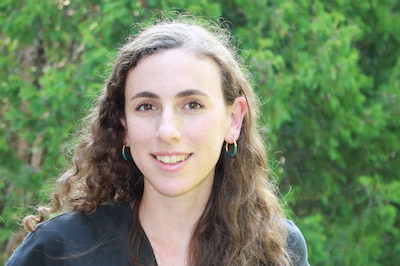Researcher of the Month: Ruth Bookbinder

Please introduce yourself and tell us a little about your ‘research journey’. How did you get to where you are right now?
Before joining the School of Politics and International Studies, my research interests were in Southern African environmental history, which grew into an interest in energy politics and the political economy of energy transitions. Modules on colonial history were formative experiences for me in engaging with debates about how knowledge is created. These debates have been particularly influential in my own research into areas which can be prone to normative judgements that fail to capture the complexity – or situational specificities – of practices.
Who, or what, sparked your interest to work on your particular research area?
I have been struck by the fine line (and contradictions) between different actors’ perceptions of acceptable and unacceptable business-state relationships. This was particularly evident in discussions of leadership in South Africa and debates around ‘state capture’ (the influence of private actors on the mismanagement of state-owned companies) which were emerging at the time. The focus on Eskom in these emerging debates gave me the opportunity to combine my interests in the allocation of state resources with energy politics. Access to affordable and reliable electricity has an immediate impact on people’s quality of life, let alone the wider economic benefits. Eskom is an interesting case study because disfunction at the entity is widely evident when the lights literally go out. In addition, studying the political economy of the energy sector is vital in understanding barriers to an energy transition in the country, which is heavily dependent on coal-generated electricity.
What are you currently working on, and why do you think it’s important?
I am currently a postdoctoral researcher in the School of Earth and Environment, looking into different delivery models to accelerate the retrofit of the UK housing stock. It has given me the opportunity to research energy transitions from a different perspective and I’ve enjoyed learning about a new energy market. More broadly, I’m interested in studying conceptualisations of ‘just transitions’ to address the climate crisis and the political economy of energy transitions. In the South African context, reducing dependence on coal-generated electricity is important but bound up in tensions over the influence of international companies and financial institutions. Meanwhile, coal procurement contracts with Eskom remain valuable as a form of government rent, and debates over what a ‘just transition’ in the country would entail remain unresolved.
How does your research contribute to current debates in African (and African diaspora) studies as an interdisciplinary field?
My research into the allocation of state resources emphasises the importance of situation-specific processes. In particular, I wanted to avoid the negative determinism of some research into political patronage and clientelism in African countries. My supervisors introduced me to studies on rent-seeking and its impact on economic growth in South and South-East Asia. I adapted this approach to my project by incorporating research into the moral economy of corruption and ‘everyday’ corruption in bureaucracies in African countries. Combining these approaches set out a non-normative framework for studying the allocation of resources and the impact of these processes.
Is there anything you would like to add?
I value being able to be critical about institutional processes and reflexive on our research practices. Although I sometimes struggle in committing research findings to paper, I feel extremely privileged to be in a position where I can explore topics that I find interesting.
